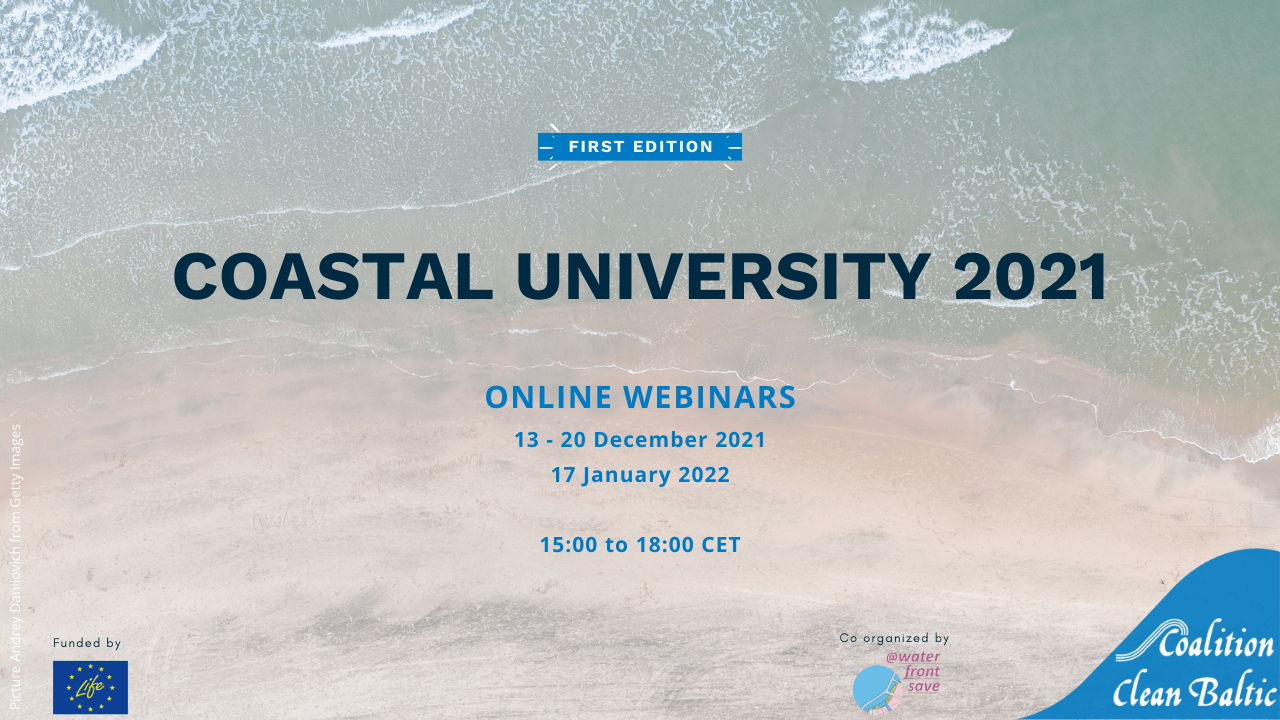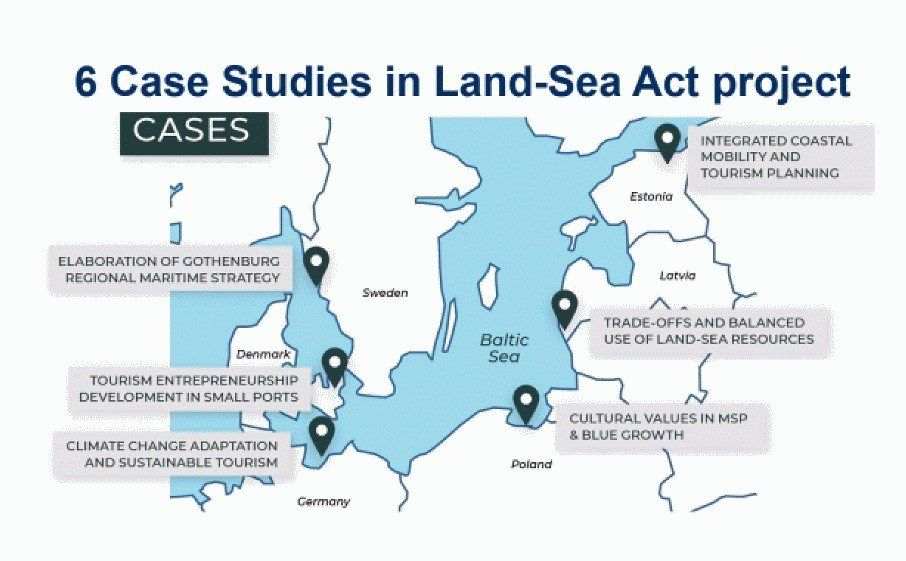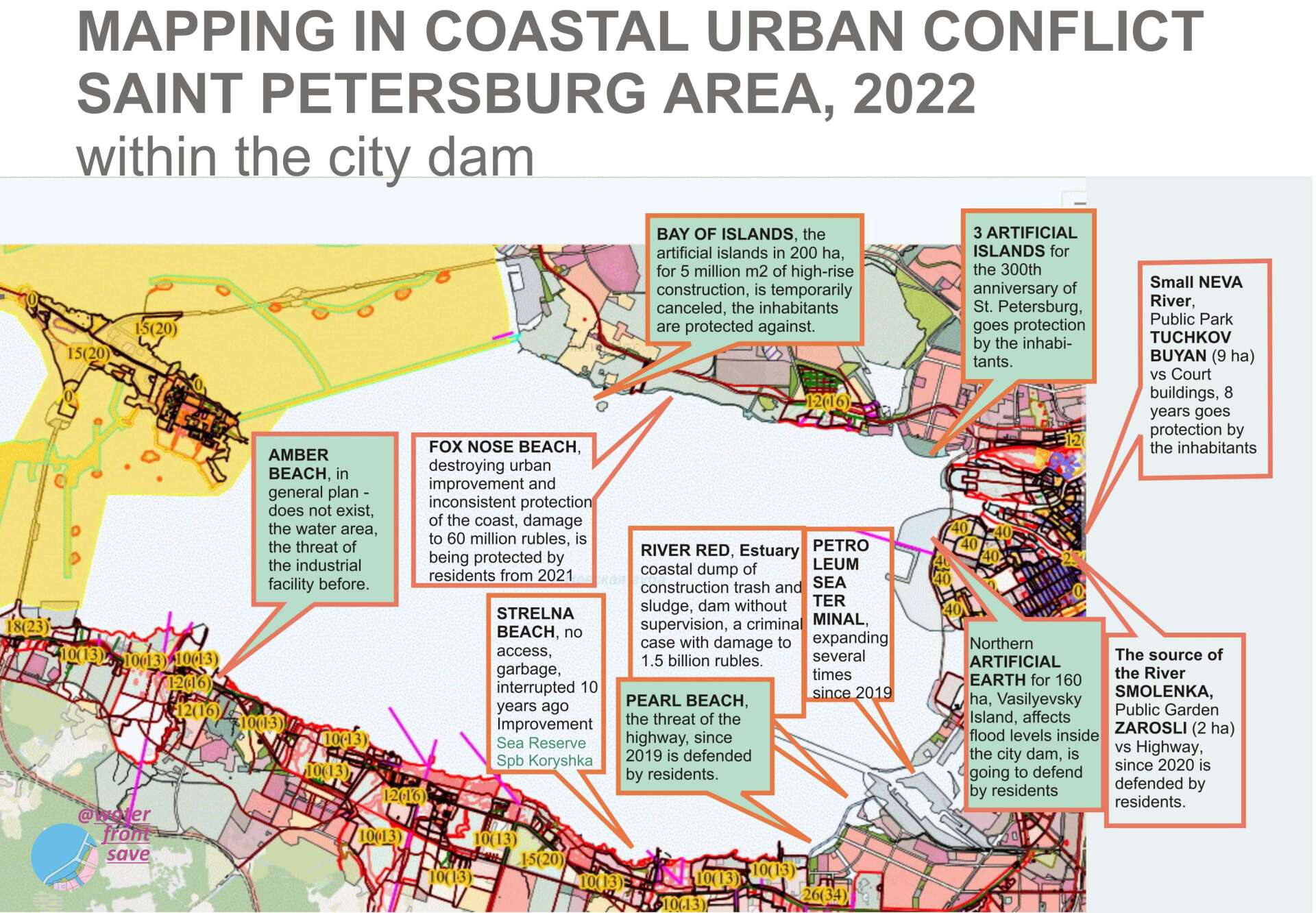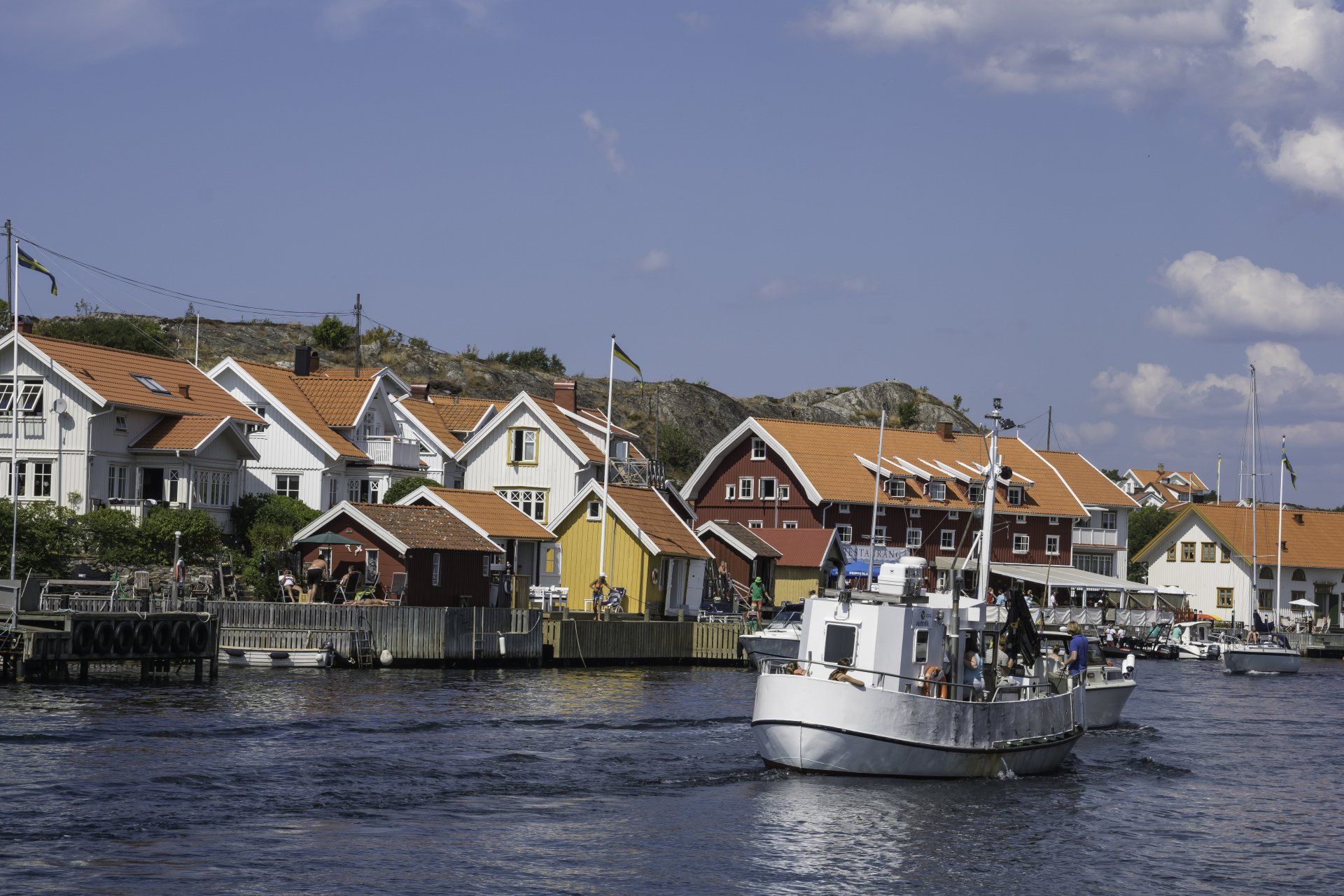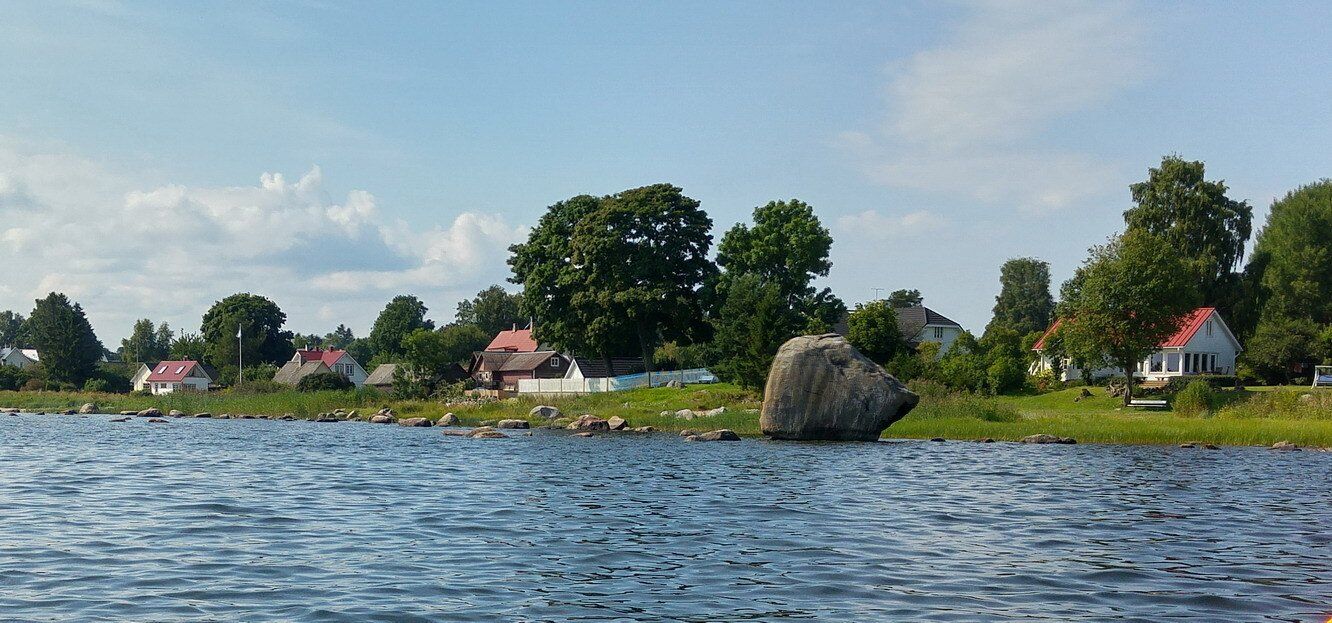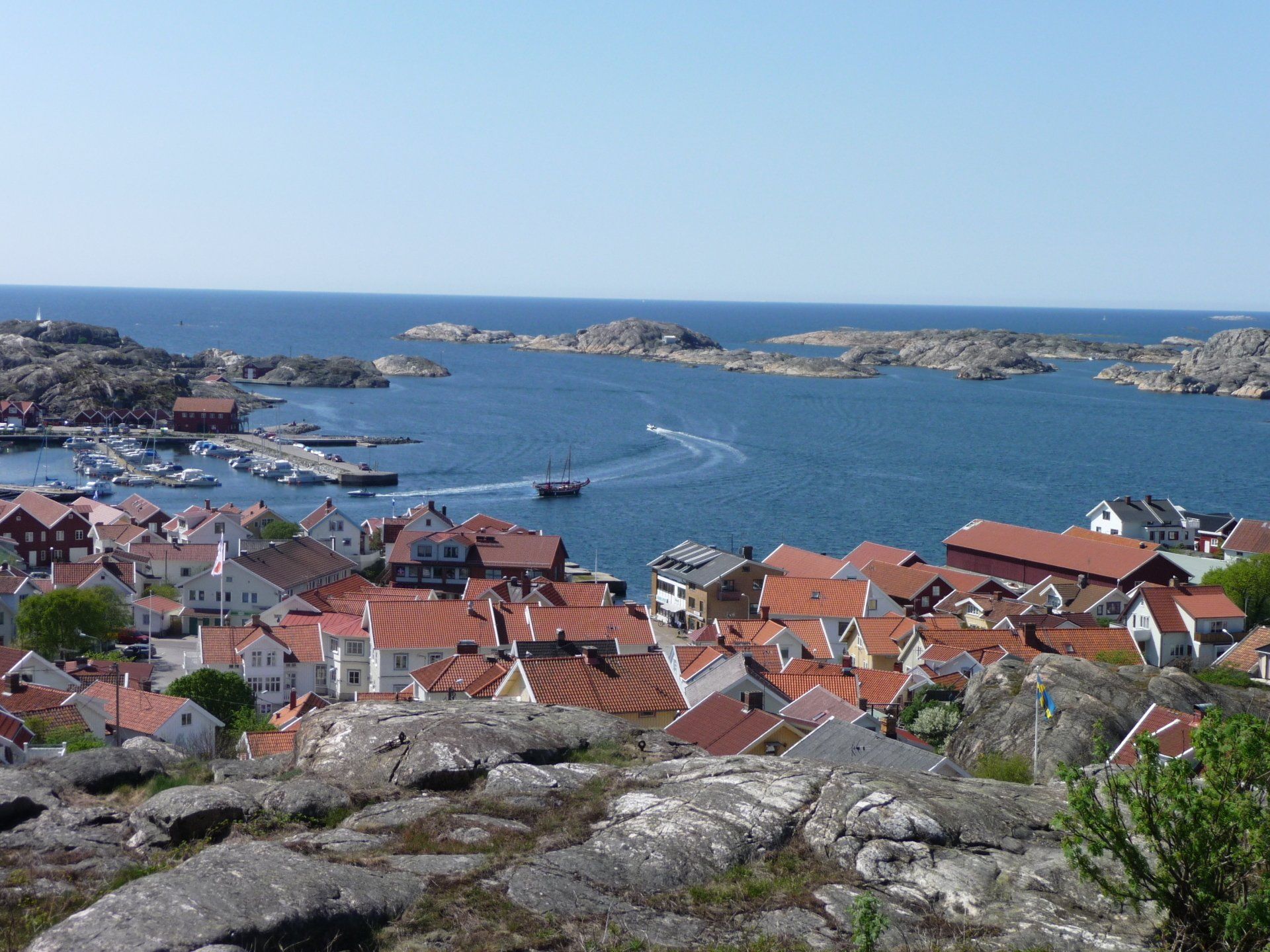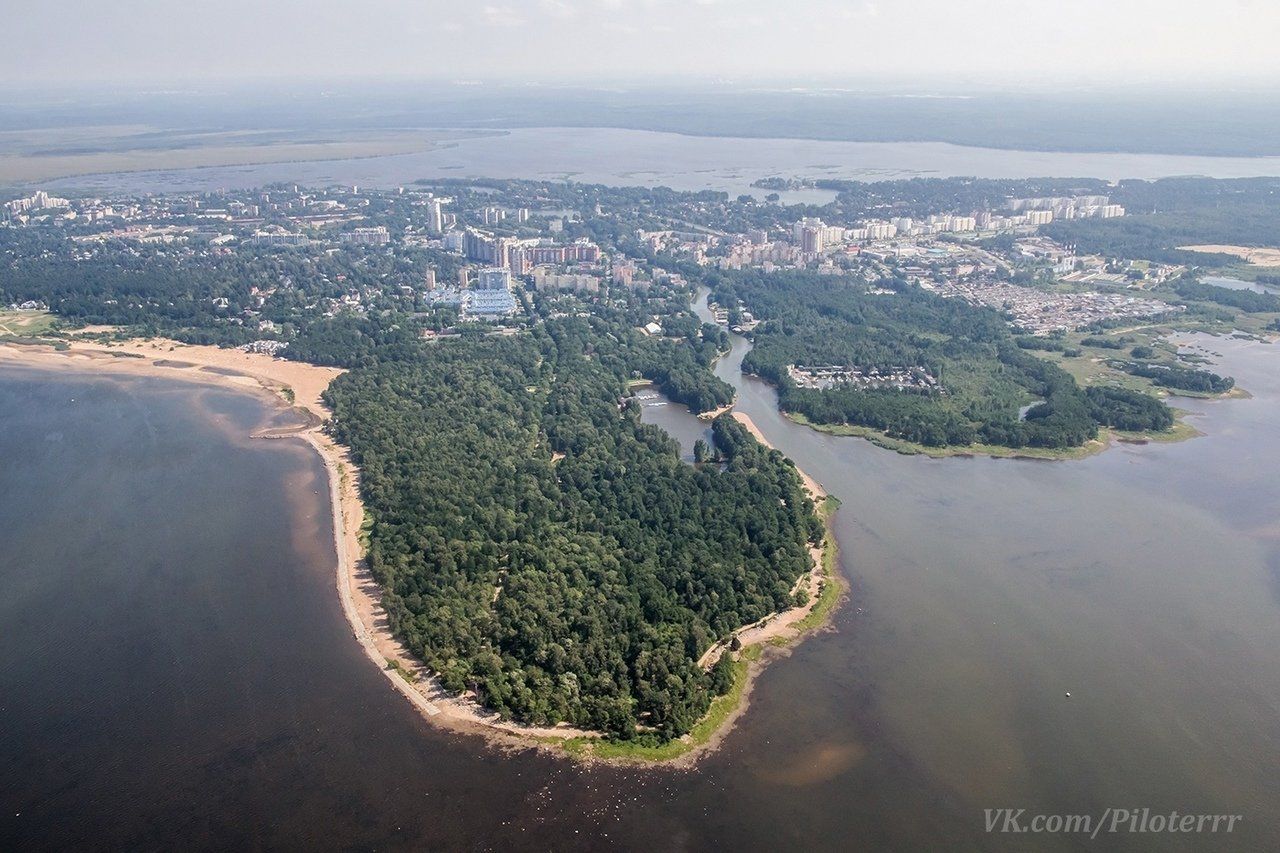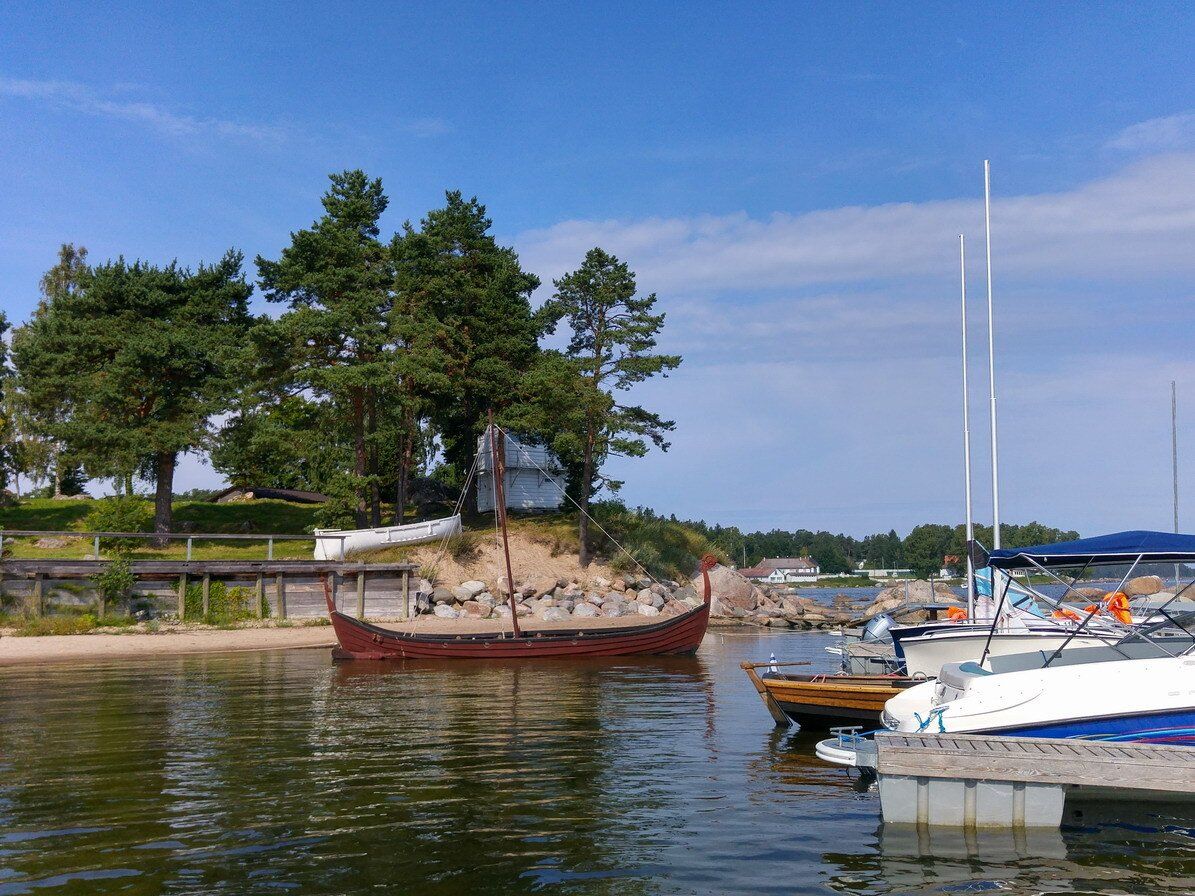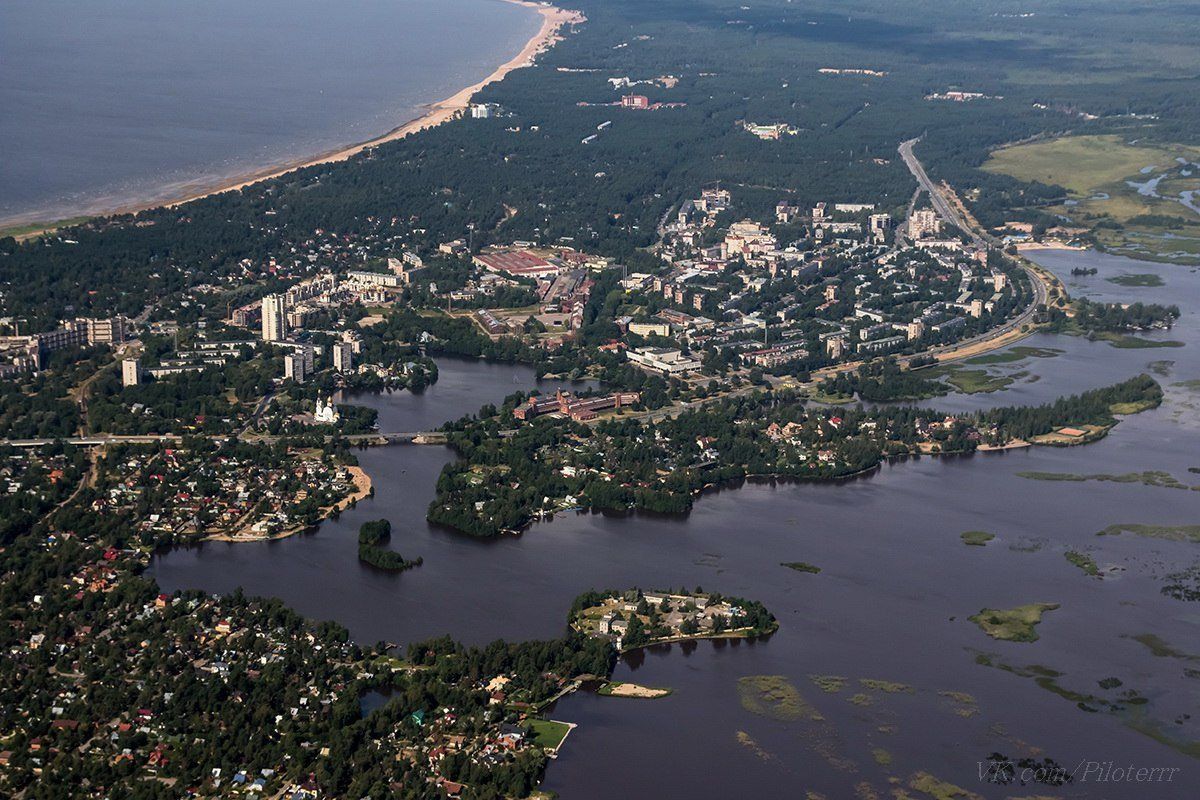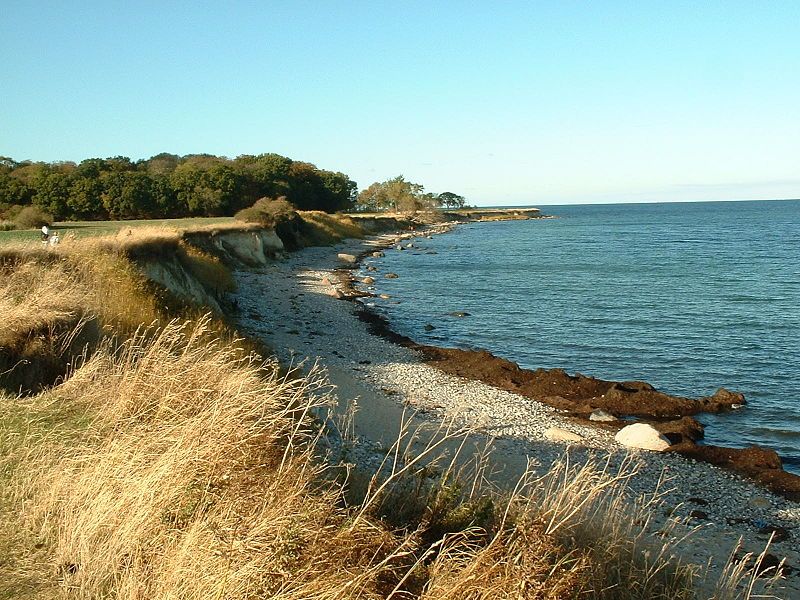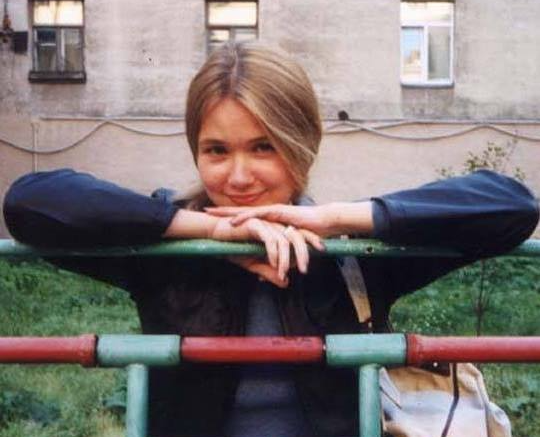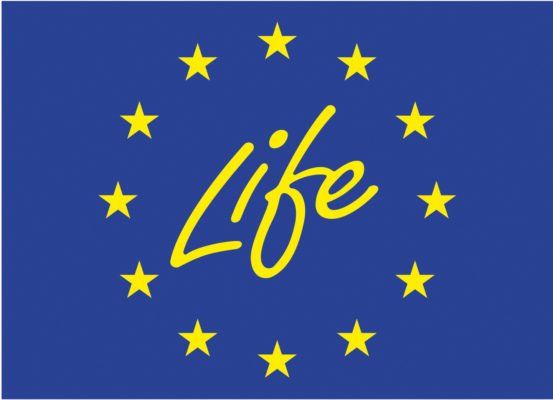Welcome to the Coastal University!
Coastal zones are among the most productive areas in the world, offering a wide variety of valuable habitats and ecosystem services that have always attracted humans and human activities. The beauty and richness of coastal zones have made them popular settlement areas and tourist destinations, important business zones and transit points.
But this intense concentration of population and excessive exploitation of natural resources puts enormous pressure on our coastal ecosystems leading to biodiversity loss, habitat destruction, pollution, as well as conflicts between potential uses, and space congestion problems.
WHY
Coastal zones are also among the most vulnerable areas to climate change and natural hazards. Risks include flooding, erosion, sea level rise as well as extreme weather events. These impacts are far reaching and are already changing the lives and livelihoods of coastal communities.
But near the coastal zones, the industrial enterprises and coal ports are also located, and the harmful estates pollute the coastal waters. How to reconcile the influence of people and their economic activity on coastal ecosystems, and recreational necessity to combine the recreational value of natural reserves?
HOW
The first edition was devoted to sustainable planning with the ecosystem approach and the participation of citizens.
We figured out what the “coastal zone” is and why in some countries this concept includes space on both sides of the coastline and protect both sea and earth ecosystems. However, in Russia spatial planning is limited by the coastline and is conducted only in the land-use planning.
However, this approach gave rise to many coastal urban conflicts between the locals and stakeholders from the business, the authorities and unstable environmental legislation.
WHO
In the first edition, we did not only to hear inspirational stories of solutions for the coastal planning of the Baltic Sea, but we also listened to citizens, researchers, representatives of municipalities and maritime and urban planners.
The four Baltic regions shared the results of the newly ending practical and research work Land Sea Act Project* on planning shore zones, interaction with local residents, coastal business and municipalities.
About two comparative cases and levels of planning (national, regional and municipal) we heard from Coastal & Marine Union (EUCC), and about inspirational maritime reserves from Institute for the Marine Environment
About the state of the Russian part of the Baltic Sea in St. Petersburg area we will heard from Geological Research Institute VSEGEI.
And about topical hazards and challenges from the active inhabitants of the region.
